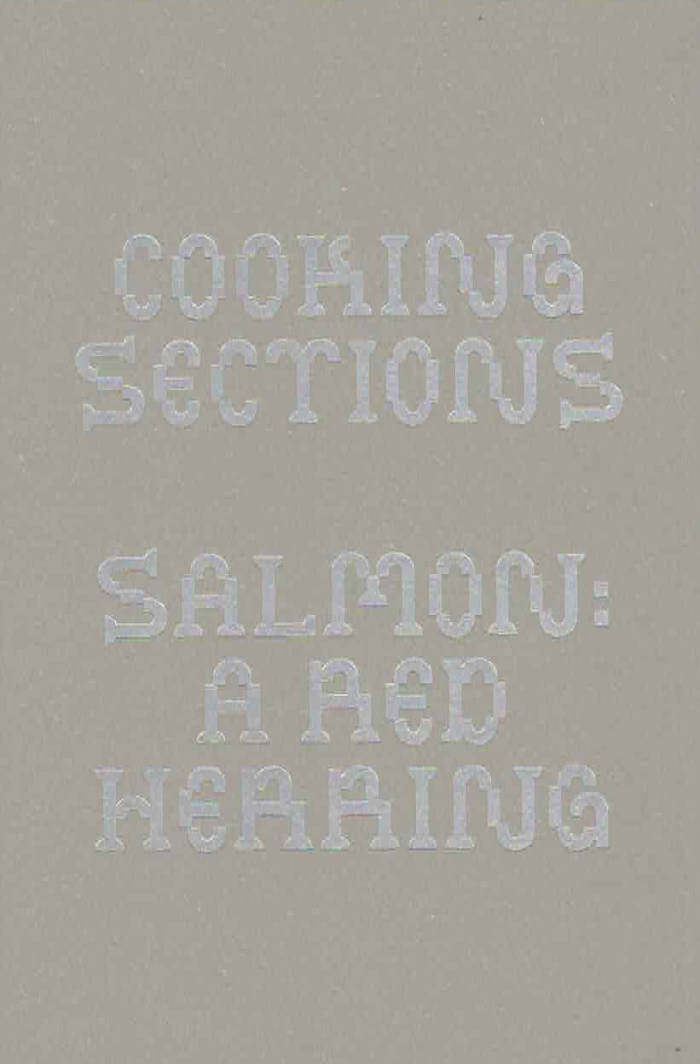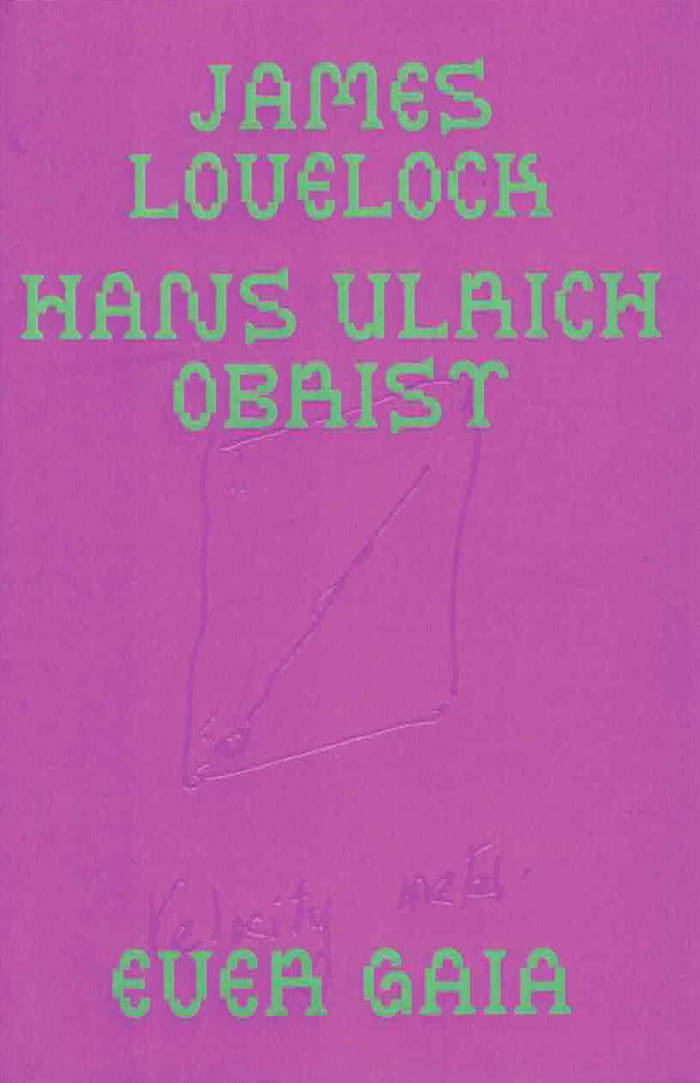Cooking Sections
Salmon: A Red Herring questions what colours we expect in our "natural" environment. It asks us to examine how our perception of colour is changing as much as we are changing the planet. Adapted into the eponymous Turner Prize-nominated exhibition at Tate Britain, this book launched an international campaign against salmon farming.
In 2018, the artist/activist duo Cooking Sections heard of a sparrow that had turned bright pink on the Isle of Skye. So began an odyssey-like investigation into where it went, who was responsible, and what it signalled about its surrounding ecology. The pair spoke to fishermen in Mexico, where shrimp are turning grey, interviewed beekeepers in Brooklyn, who reported red-coloured honey, and investigated the Nornickel factory in Norilsk, Russia, where blue fog and black snow are industrial byproducts. Their findings are presented as a detective story for the era of environmentalism: a wildly inventive book and an exhibition at Tate Britain.
The book, Salmon: A Red Herring, shows how design can address the fragility of our food systems and how colour configures our economies. It is a visceral and visual examination of aesthetic manipulation, industrial farming, and environmental degradation, a seminal intervention in colour theory. In turn, Cooking Sections—the recently announced winners of the Harvard Wheelwright Prize—use it to launch a new global campaign against fish farming.
As COVID makes visible the fragility of our food systems and the need for an overhaul of environmental regulations, this work is now more relevant than ever. The publishers describe it as "Michael Pollan meets Gilbert and George" and Cooking Sections say it is "intended as a Ways of Seeing for the era of environmental reassessment".
Cooking Sections examines the systems that organise the world through food. Using site-responsive installation, performance and video, they explore the overlapping boundaries between art, architecture, ecology and geopolitics. Established in London in 2013 by Daniel Fernández Pascual (born in 1984) and Alon Schwabe (born in 1984), their practice uses food as a lens and a tool to observe landscapes in transformation.
Forewords by Bruno Latour, Hans Ulrich Obrist, Hannah Landecker, David Zilber.


.jpg)
.jpg)
